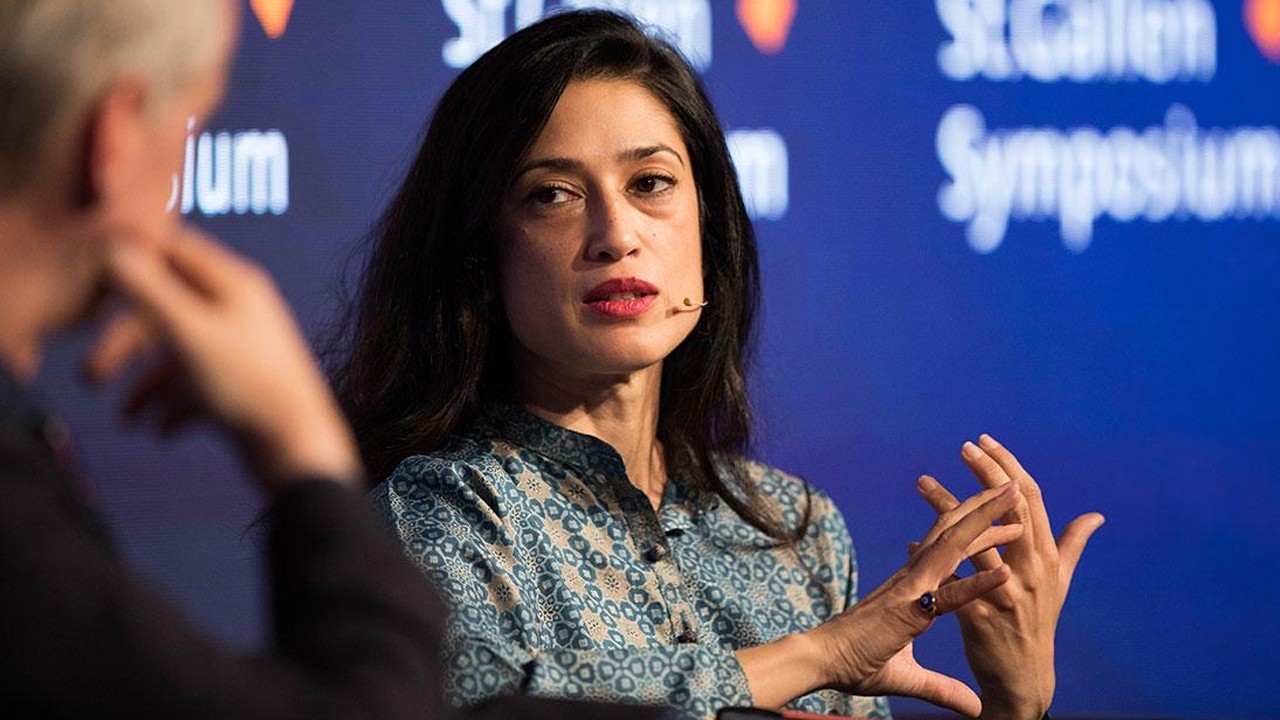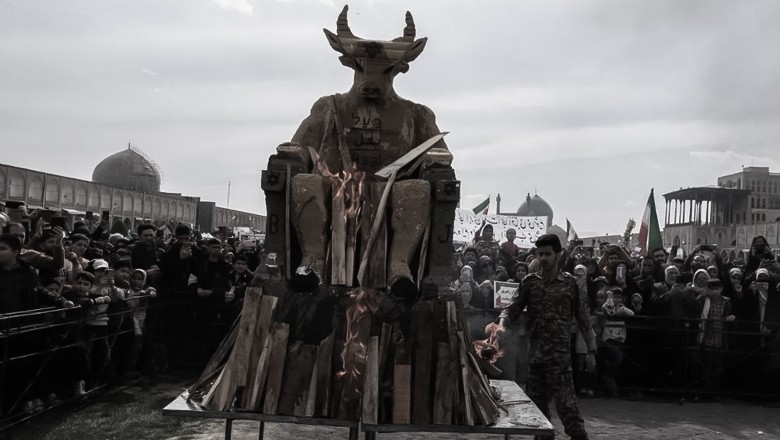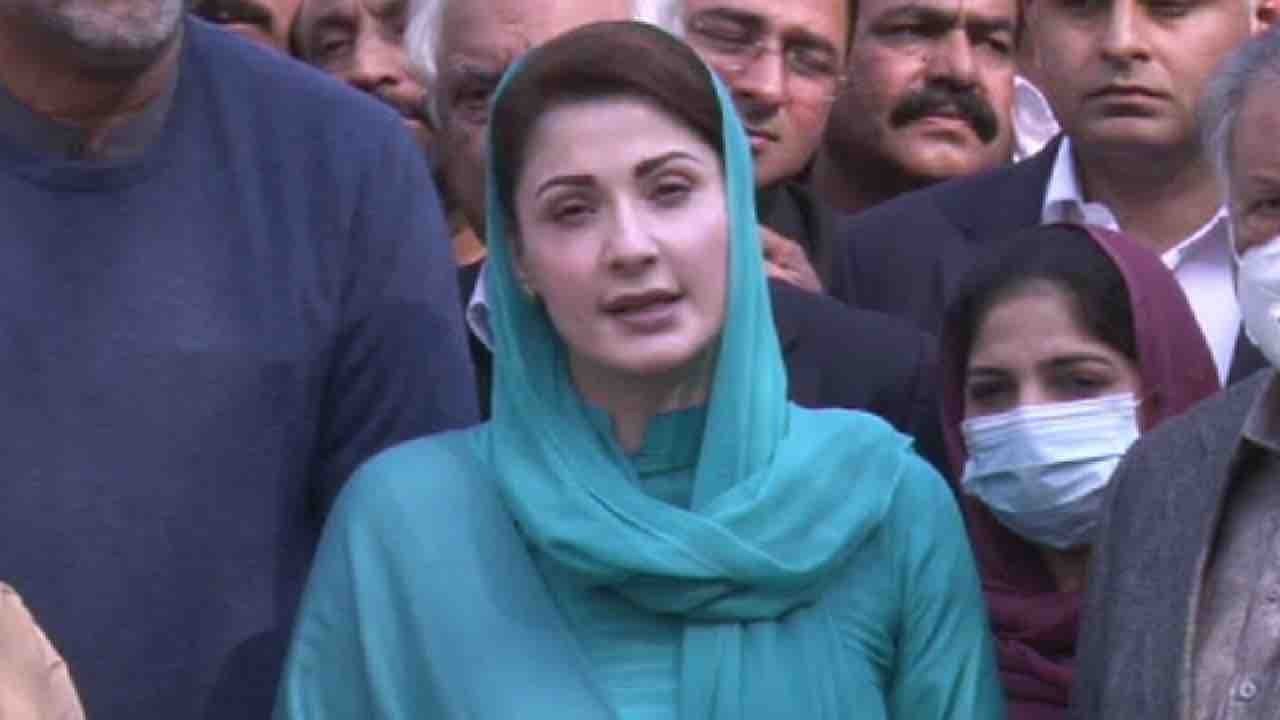Deepfakes can manipulate voters in India, Pakistan and Bangladesh, say experts

Web Desk
|
3 Jan 2024
With 64 countries (including the European Union) facing national elections this year, including India, Bangladesh and Pakistan in South Asia,where the politically volatile climate has led political parties to employ various means to shape their narrative. A recent addition to their tools the use of AI and deep fake technology. These tools are exploited to manipulate facts and figures, presenting political parties as the sole solution to their countries' challenges.
Political parties are turning to more advanced strategies to sway voters, and the utilisation of AI and deepfake technology is becoming a perilous preferred tool.
The manipulation tactics involve the increased spread of misinformation on social media platforms using deep fakes—videos or audio created using AI and presented as authentic. This is concerning as it makes it highly difficult to differentiate between the real and the fake.
The increasing use of deepfakes in India, where over 900 million people are eligible to vote, has raised concerns for Prime Minister Narendra Modi, whose party is also involved in spreading misinformation on social media. A few days ago, he urged the population to remain vigilant against such content, terming it "one of the biggest threats that the Indian system is facing."
The Indian government took action and issued an advisory to leading social media platforms after fake videos of the Indian Prime Minister went viral on social media.
Bangladesh also witnessed the use of deepfakes for political propaganda, as AI-manipulated videos of female opposition politicians Rumin Farhana in a bikini and Nipun Roy in a swimming pool emerged. These videos were promptly debunked. Bangladesh is scheduled to hold elections on January 7, and its three-time prime minister is seeking a fourth term.
Pakistan is no stranger to the rising tide of deepfakes, with Pakistan Tehreek-e-Insaf (PTI), known for its social media savvy, utilised an AI-generated audio clip of its founder Imran Khan to address a virtual rally – a first in South Asia, according to Al Jazeera.
In 2021, Pakistani Information Minister Fawad Chaudhry accused opposition leader Maryam Nawaz of creating a team to produce fake audio and video clips.
Last year in November, the Federal Investigation Agency (FIA) apprehended a man in Peshawar for spreading fake videos of PML-N Vice President Maryam Nawaz on social media.
Political parties are increasingly turning to AI-generated videos and images to shape public perception on social media. These tools are used for diverse purposes, ranging from mocking opponents through satirical content to portraying their own leaders as exemplary figures.
In a report published by Reuters, tech experts and authorities have expressed growing concern over the increasing use of deepfakes for political purposes.












Comments
0 comment